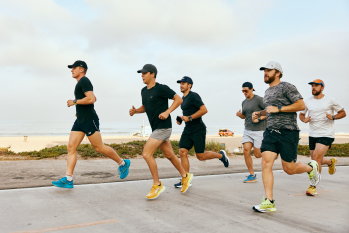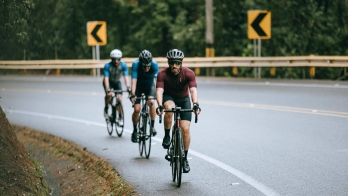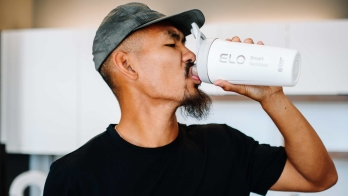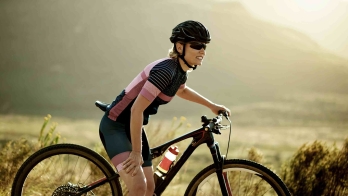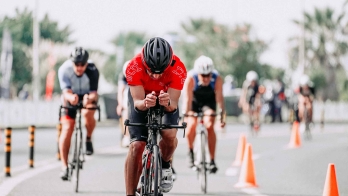Issue 10: Nutrition for cyclists
Curious about the best nutrition approach for cyclists? We've rounded up some of the best content from around the web on this topic.
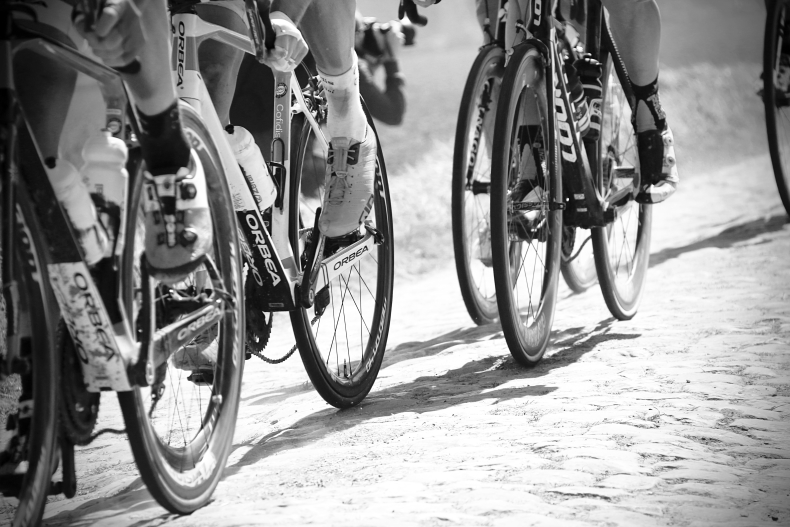
With Tour de France in full swing, we thought it was time to dedicate an issue to cycling. Whether you're a competitive cyclist, recreational pedaler, or simply a spin enthusiast, there's something for everyone in this edition.
Should cyclists eat keto? Does plant-based eating improve cycling performance? Should you get an e-bike? We've covered all of these topics (and more) in this Tour de France-inspired newsletter.
4 facts about Tour de France:
🇫🇷 Competitors cover 2121mi (3414km) over 23 days with only 2 rest days.
🥂 Until 1960, riders routinely drank champagne, wine, and beer during the race, making for a fun (and wobbly) ride.
🥖 Riders need 60-90g carbohydrate/hour on the bike, which is the equivalent of 4-6 slices of bread.
💦 Some cyclists lose up to 2.4L sweat/hour during the most intense stages, making fluid and electrolyte repletion a constant concern.
1. Does keto help or hinder cycling performance?
High-fat diets are hot right now, but carbs still reign supreme when it comes to performing at your very best. For low-intensity rides, it might be a different story.
2. Pros and cons of plant-based eating for cyclists.
Plant-based eating can promote long-term health without compromising performance, however, it requires thoughtful planning.
3. Should e-biking be part of your training program?
World Masters Cycling Champion and Elo Community Manager, Anne Valta, shares her experience with e-biking plus the latest research.
4. The best recovery products for cyclists.
Confused about recovery nutrition products? We've compiled a list of the best expert-approved choices including protein powders, electrolyte mixes, and more.
🚨 New podcast
Elo CEO, Ari Tulla, discusses how we're bringing a new level of precision to personalized nutrition with B-Time host, Beth Bierbower.
Hungry for more? Check out our Ultimate science-baked guide to improving cycling performance with personalized nutrition.
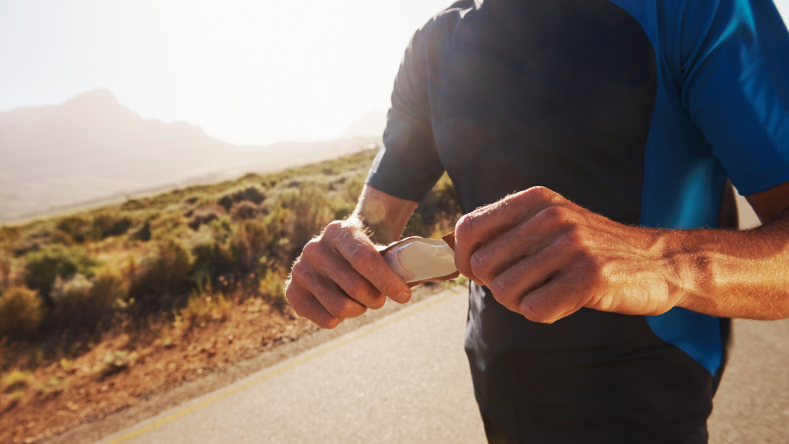
Disclaimer: The text, images, videos, and other media on this page are provided for informational purposes only and are not intended to treat, diagnose or replace personalized medical care.

